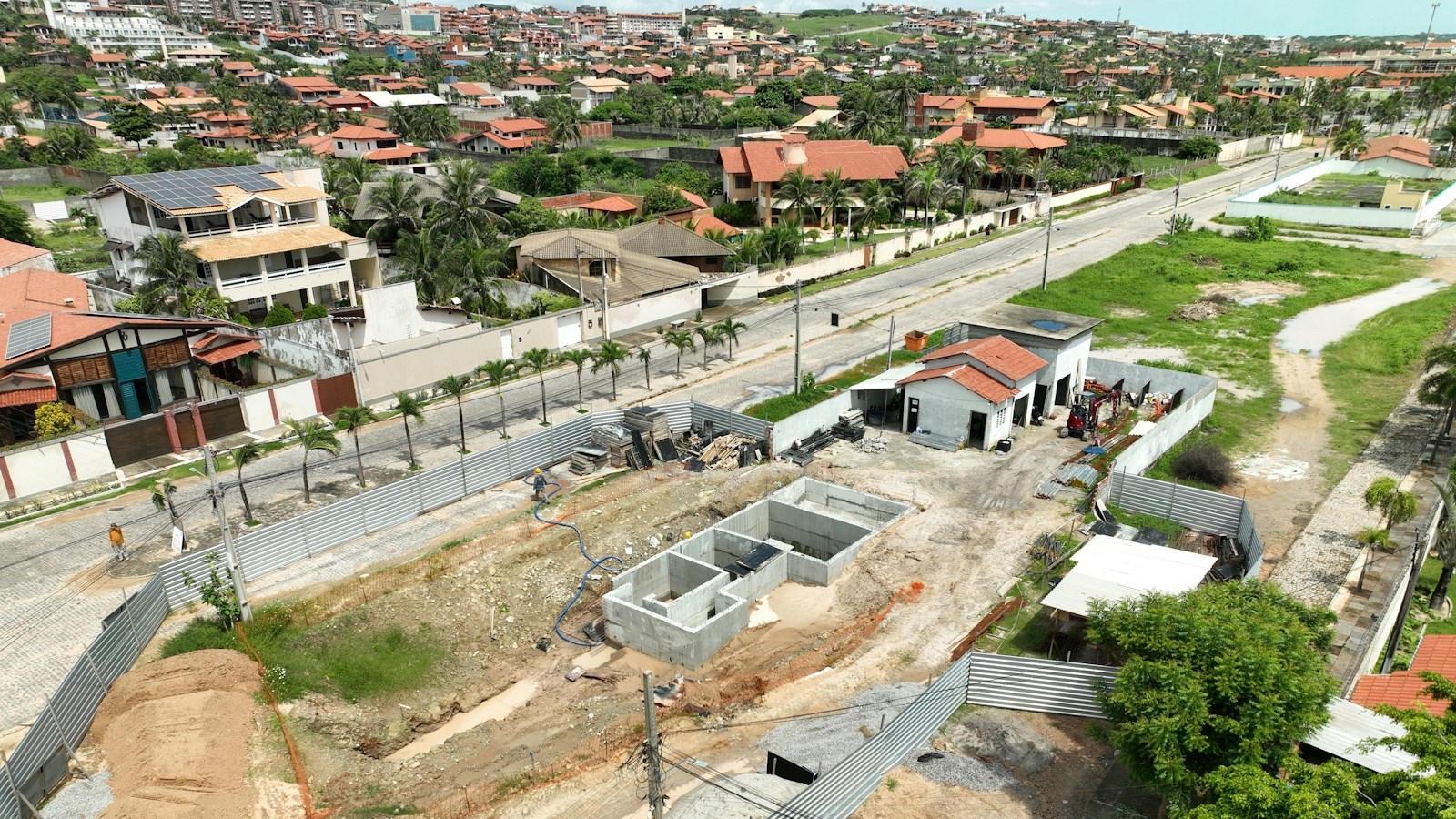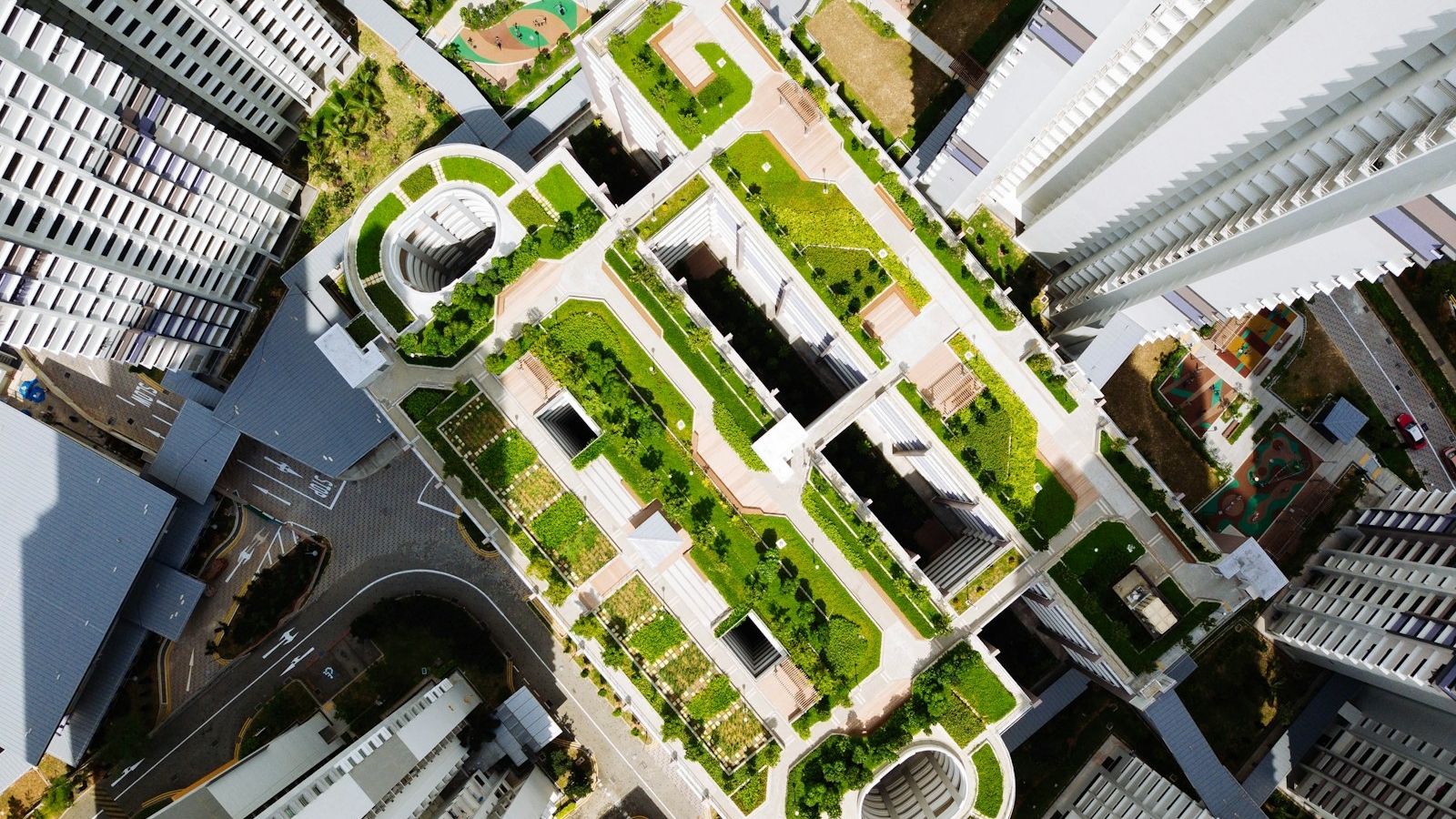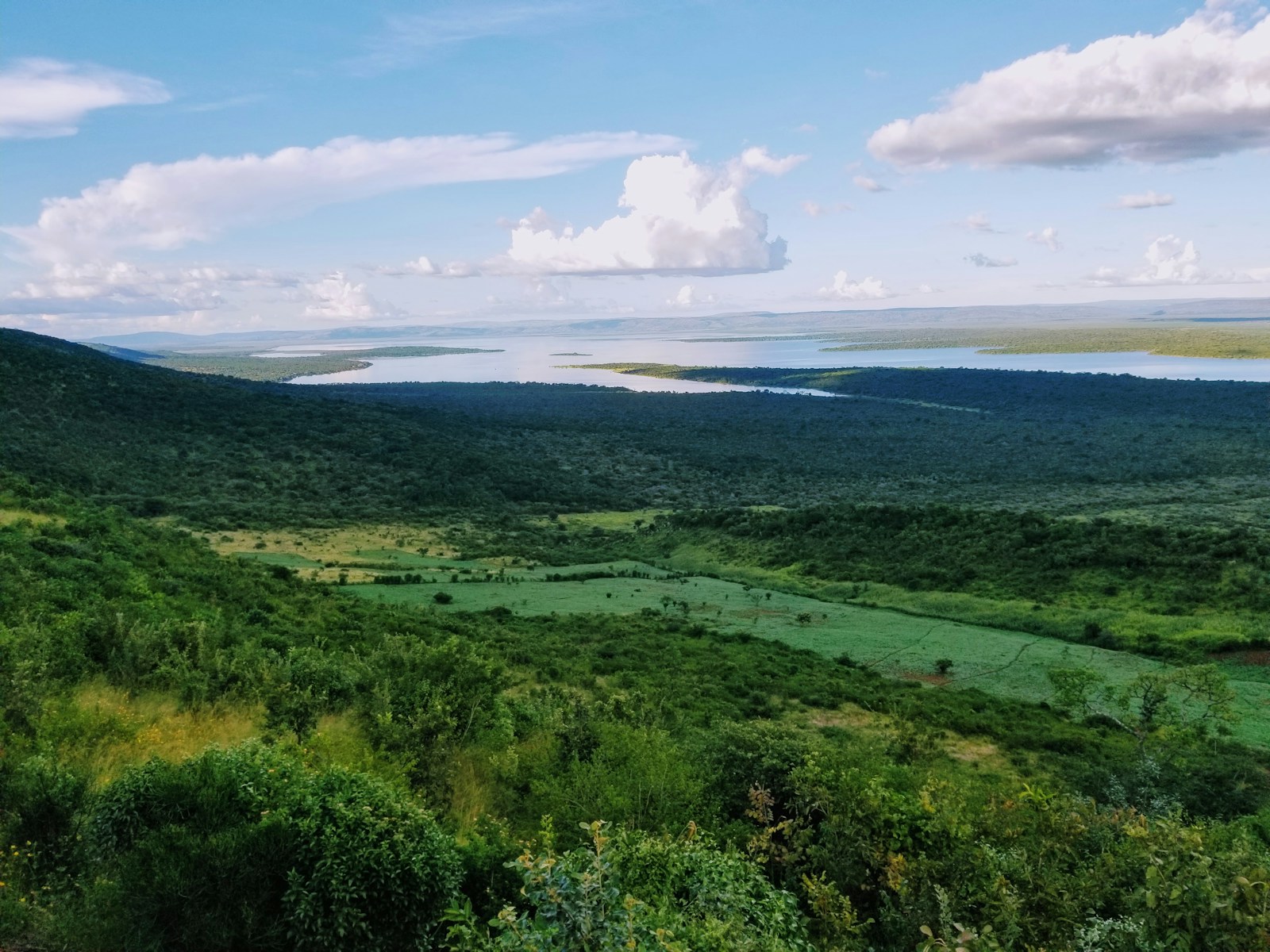A Comprehensive Guide for Homeowners and Investors
- A Comprehensive Guide for Homeowners and Investors
- Types of Land Tenure in Uganda
- Restrictions on Land Ownership for Foreigners
Uganda offers unique opportunities for land and real estate investment, but its land ownership systems can be complex. This guide breaks down the types of foreign ownership rules and land tenure in Uganda. Understanding these aspects will help potential land buyers and real estate investors to make informed decisions.
Types of Land Tenure in Uganda
The 1995 Constitution of Uganda under Article 237 (3) provides that; “Mailo tenure, freehold tenure, leasehold tenure, and customary tenure are the recognized forms of land tenure under this Constitution.” Each system defines how land is owned and what rights the owner or occupant has:
Freehold Tenure
Section 3 of the Land Act defines “Freehold tenure means a tenure derived from the Constitution under which a person holds land in perpetuity or for an indefinite period, subject to the payment of any dues or obligations imposed by law.” Freehold tenure grants the owner absolute ownership of land in perpetuity. A freehold title is conclusive evidence of ownership – the holder can use, sell, lease, or bequeath the land as they wish. This is the most secure form of land ownership, often likened to “owning the land forever.” Freehold land in Uganda is typically registered and titled, and it’s found mostly in specific regions (parts of Ankole, Toro, Kigezi, Bugisu, etc.) and some urban areas. Importantly, only Ugandan citizens can legally own land under freehold. Article 237(1) of the 1995 Constitution of Uganda provides that “Land in Uganda belongs to the citizens of Uganda and shall vest in them in accordance with the land tenure systems provided for in this Constitution”. Non-citizens are barred from holding freehold titles and instead may access land through leases (discussed below). Freehold land is highly valued by investors because it can be used as collateral for bank loans and provides perpetual rights.
Leasehold Tenure
Leasehold is defined under section 3 of The Land Act as “Leasehold tenure means a tenure derived from the Constitution under which a person holds land for a definite term of years, whether or not renewable by the lessee.” This leasehold tenure is a system where a landowner (the lessor) grants a tenant (the lessee) exclusive possession of land for a specified period in exchange for rent. He Registration of Titles Act provides that “Every lease for a term exceeding three years shall be registered under this Act to be effectual against any person claiming any interest in the land.” Leases in Uganda often run for 49 or 99 years (or other agreed terms). The lessor can be an individual owner, an institution (such as the Uganda Land Commission or a Kingdom land board), or a local government. Most foreign investors use leasehold tenure, since non-citizens cannot own land under freehold, Mailo, or customary tenure as provided under Section 41 (3) of the 1998 Land Act which states that; “A non-citizen may acquire a leasehold interest in land for a term not exceeding ninety-nine years.” A lease agreement spells out the terms, including permitted land use and renewal options. After the lease period, ownership reverts to the lessor unless the lease is renewed. Leasehold titles are registered under the Registration of Titles Act, and long-term leases (like 49-99 years) are robust enough to be used as collateral for loans. For example, a foreign investor can lease land from the government or a Ugandan owner for 99 years, develop the property, and have security of tenure for the duration. Leaseholds are common in urban developments and industrial projects, and they offer flexibility for foreigners and companies operating in Uganda.
Mailo Tenure
Mailo tenure is unique to Uganda. It originated from the colonial-era 1900 Buganda Agreement, which allocated large tracts of land (measured in square miles, hence “Mailo”) to Baganda chiefs and notables. Under Mailo tenure, land is held in perpetuity (similar to freehold) but often with long-standing tenant occupancy rights on it. Mailo land is concentrated in Central Uganda (Buganda region) and parts of Western Uganda (Bunyoro). A Mailo owner holds a title deed and has absolute ownership in theory, but in practice the land may be occupied by “lawful or bona fide” tenants (commonly known as bibanja holders in Buganda) who have rights to live on and use the land. These occupants are protected by law – they cannot be arbitrarily evicted as long as they pay a nominal annual ground rent (known as busuulu). The Land Act (as amended in 2010) strengthened tenant rights by stipulating that bona fide occupants can only be evicted by court order and only for non-payment of the annual ground rent, section 29 (1) of the Land Act provides; “A lawful or bona fide occupant on registered land shall not be evicted from such land except upon an order of the court.” This means Mailo land often involves a dual ownership structure: a landlord (title holder) and tenants who have hereditary use rights. For investors, Mailo land can be attractive because it’s often in fertile and central locations (including areas around Kampala), but one must handle tenant interests carefully. It’s worth noting that foreigners cannot directly own Mailo land (only citizens can hold Mailo titles), though a foreigner may lease Mailo land from the Ugandan owner. No new Mailo titles are created today (all Mailo titles date back to the early 1900s), but Mailo land can be subdivided or transferred to new owners (Ugandan citizens) with proper documentation.
Customary Tenure
Customary tenure covers the majority of land in Uganda (estimated 70–80% of all land is held customarily). This is land governed by the customs and traditions of local communities or clans, as provided in Article 237 (4) of the 1995 Uganda Constitution; “Customary tenure is a form of land ownership regulated by customary rules and practices of a particular community.” Under customary tenure, land rights are not documented by a Torrens title; instead, rights are inherited, allocated, and managed according to community norms. The exact rules vary by community and region. In some areas, land is held communally by a clan or family, while in others it can be held by individuals under the blessing of local elders. Uganda’s laws recognize customary tenure as a legitimate form of land holding, equal in weight to the other tenure systems (the 1995 Constitution acknowledges customary rights). However, because many customary lands are unregistered and unsurveyed, there is often uncertainty about boundaries and ownership, which can lead to disputes. Customary land can be converted into formal tenure: the Land Act under Section 5(1) states that; “A person owning land under customary tenure may apply to the Land Board for a certificate of customary ownership, which shall be conclusive evidence of ownership” and this allows occupants to acquire a Certificate of Customary Ownership, or even convert customary land to freehold with the agreement of the community and local authorities. In practice, this process is underutilized, and much customary land remains undocumented. For investors, customary land represents both an opportunity (large areas of land may be available in rural regions, sometimes at lower cost) and a challenge (transactions can be risky without clear title). Banks generally do not accept customary land rights (or informal purchase agreements over them) as collateral for loans. Any investment involving customary land should involve thorough due diligence and community consultation.
Condominium Titles (Condominium Ownership)
In Uganda, condominium ownership is governed by the Condominium Property Act, 2001. Under this system, a multi-unit building is legally divided into individual units and common property, and each unit is registered separately. The land on which the building sits, support structures, and shared facilities (such as corridors, lifts, gardens, parking, etc.) become common property, held by all the unit owners as tenants in common in proportions determined by a “unit factor” tied to each unit. Once a condominium plan is registered, the Registrar closes the original parcel’s register section and opens a separate register for each individual unit. Each unit owner receives a certificate of title that is legally equivalent to a land title under the Registration of Titles Act (so the unit can be mortgaged, sold, leased, or transferred).
Management of the building and common property falls to a corporation of unit owners, which may elect a management board and adopt by-laws. The corporation levies contributions from unit owners to cover maintenance, insurance, repairs and shared services. Any change in the use of a unit (for instance converting a residential unit to commercial) requires unanimous consent of all unit owners and approval from local planning authorities.
Restrictions on Land Ownership for Foreigners
If you are a foreigner considering to buy land in Uganda, it’s crucial to understand the legal restrictions in place. Uganda’s Constitution grants land ownership rights solely to its citizens. The Land Act, Section 40, explicitly bars non-citizens from acquiring or owning land under freehold or Mailo tenure. In effect, foreigners (individuals or companies where the majority of shareholders are not Ugandan) cannot own land under freehold, Mailo, or customary tenure. This is a firm legal restriction aimed at protecting indigenous land ownership.
However, foreigners are not completely shut out of land access. The law provides an alternative: leasehold tenure. Non-citizens may lease land for long periods (commonly 49 years, extendable to 99 years). Such leases grant virtually all usage rights for the duration, making them functionally similar to ownership for the term of the lease. For most developers, a 49-99 year lease is sufficient to develop property, recoup investments, and even sell their interest. Leases can be obtained either from private Ugandan landowners (e.g. leasing Mailo or freehold land from a citizen) or from government entities that have land available. Foreign investors – whether individuals or corporations – typically acquire land by renting or leasing from citizens or the government. For example, a foreign investor might lease land from the Uganda Investment Authority in an industrial park, or lease a piece of private land from a Ugandan owner to build a factory or estate.
Most condominium properties, especially in central Kampala are based on leasehold titles of generally 99 years, which can be renewed at expiry of the lease term. This means, that in such cases there are no differences between foreign and resident buyers. It is, however, not uncommon for condominium properties to be based on freehold or Mailo tenures. Foreign buyers are in this case only entitled to purchase a leasehold title, which will consist in the payment of the full purchase-price plus a tiny lease fee, paid generally yearly. The Mailo or freehold title will remain in the name of the developer, which, in a normal case, agrees to transfer this title if the property (unit) is at a future time sold to a Ugandan citizen, allowing the foreign owner to fully benefit of any potential increase in value.
It’s important to properly register any leasehold of five years or more acquired by a foreigner with the land registry, to ensure your interest is legally recognized. If a Ugandan citizen who owns land (freehold or Mailo) loses their citizenship (e.g. by naturalization elsewhere), the law automatically converts their tenure to a 99-year leasehold to comply with the foreign ownership restrictions. Aside from the tenure limitations, foreign investors should also be aware of specific sector restrictions. Notably, Uganda’s Investment Code Act prohibits foreign investors from acquiring or leasing land for the purpose of crop or animal production (commercial agriculture). In other words, a foreign entity cannot directly buy or lease farmland for farming. This policy is intended to protect local farmers and prevent foreign land grabs in the agriculture sector. Workarounds for foreign investors interested in agriculture or other land-intensive projects include partnering with Ugandan citizens or companies (e.g. joint ventures where the Ugandan partner holds the land title), or focusing on leasing government land designated for investment projects with special approval. Any such approach requires strong legal agreements to safeguard the investor’s interests, as the underlying land must ultimately be held by a Ugandan entity.
You can read more about Uganda Real Estate Investment Opportunities.
Key takeaway: Foreigners cannot “own” Ugandan land outright in perpetuity, but they can hold long-term leasehold interests. If you’re a non-citizen investor, plan to use leasehold arrangements – and engage reputable local partners or advisors – to securely access land. Always consult legal counsel to ensure compliance with Ugandan law before acquiring land as a foreigner.
In conclusion, understanding Uganda’s land tenure systems—Freehold, Leasehold, Mailo, and Customary tenure—is crucial for potential investors looking to venture into real estate in the country. Each tenure type presents unique opportunities and complexities. While Ugandan citizens can fully benefit from the security of Freehold and Mailo ownership, foreign investors should navigate legal restrictions by opting primarily for Leasehold agreements, often structured over long durations (49 or 99 years). Alternatively, partnering with reputable local entities offers foreigners a practical way to access broader tenure options. Finally, partnering with a trusted legal team is essential to ensure the selected land tenure aligns with your investment needs, verify the legitimacy of land titles, and draft solid joint-venture agreements with local partners, ultimately safeguarding your investment in Uganda’s vibrant real estate market.
Credits
This article was prepared in cooperation with James Nuwagaba, a qualified legal professional at Kaganzi & Co. Advocates in Kampala, Uganda. His expertise and insights have significantly enriched the content, ensuring accuracy and clarity on the legal aspects discussed. For specialized legal advice or consultation, please contact James at nuwagabajames@kacadvocates.com or by phone at +256 782 235233.






Join The Discussion